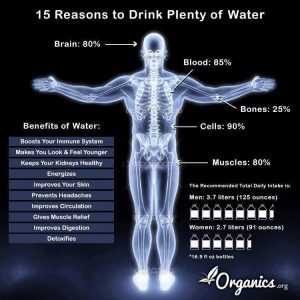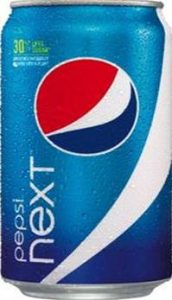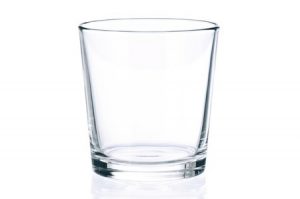
Most of us know that we are 2/3 water, and this is why it’s so important to stay hydrated. This is obvious when it’s hot outside, but did you know that you still get dehydrated when it’s freezing?
Water is important to keep your body strong, but it seems less of an issue when it’s cold outside. But don’t be fooled, it’s just as important to stay hydrated when it’s cold as it is when it’s hot.
Are You Dehydrated?
Here’s a way to determine if you need to drink more water when it’s cold outside:
When you’re inside and out of the elements, rapidly rub your hands together. If the palms of your hands get moist and warm within 60 seconds, you are hydrated, but if it takes minutes to create moist palms, you need to drink more water.
When you drink plenty of water every day, you won’t be as hungry between meals, you’ll feel better and have more energy, and you will actually experience less stress. Water eases stress on your kidneys, and this is noticeable when it’s cold and your body gets stiff from the cold.
Cells Float In Water
All of your body’s cells float in water, and as a matter of fact, they reproduce in a watery base. If there is insufficient water inside of you, your cells have difficulty duplicating. This can cause an assortment of problems and an increase in aging.
It doesn’t matter to your body if it’s hot or cold outside – it’s going to keep doing what it has to do.
Water provides the liquid medium for your blood health, for your digestive juices, and for the elimination of body waste. Water is critical for the regulation of your body temperature, too.
These are some very good reasons you should drink water more than any other liquid. We typically want to drink more water when it’s hot outside, and we don’t seem to need a glass of water as much when it’s cold.
Your body still needs it, though.
A deficiency of water when it’s cold outside can create a chronic, overall feeling of being rundown, and this can result in a lower resistance to infection, increased nervousness, fatigue, and a poor appetite.
You’re probably blaming the way you feel on the cold temperatures, but you can better resist the harsh effects of a blizzard or sub-freezing temps if you’re hydrated.
Never Eat And Drink

Never drink water, or any liquid, while you are eating. A rich, red wine might be the exception …
Your mouth contains digestive juices necessary to begin the digestive process, and washing down your food with liquids washes away the digestive enzymes in your saliva.
So, drink your tea or water after you have finished your meal.
Drink Water, Not Other Stuff

Instead of drinking sodas or sweet tea throughout day, get into the habit of walking around with a glass of water – all day long. You’ll have more energy, you’ll feel better, be less hungry, and flush out toxins through urination.
Many people complain that when they drink a lot of water they have to go to the bathroom all of the time.
Well, that’s ok. This is healthy!
This is an issue with public school teachers. Did you know that teachers have more bladder and kidney infections than anyone else in other careers?
Now you know why.
That said, you should welcome going to the bathroom often because it is a way for your heart to keep your bloodstream clean, take stress off of your heart, and a way to keep toxins out of your bladder and kidneys.

You need to drink as much water when it’s cold that you drink when it’s hot. Your body doesn’t care what the weather is – it only knows that it needs water every day.
________________
If you want to learn more about healthy eating and get healthy recipes, contact me at janethull.com. Remember that you are never alone when you are looking for good health!
Gain access to all of my online programs, ongoing support, and monthly Q&As. I look forward to supporting you on your journey to alternative health and wellness.
_____________
Disclaimer: This article is for informational purposes only, and is educational in nature. The FDA may not have evaluated some of the statements. This article is not intended to diagnose, treat, cure, or prevent any disease. Please discuss with your own, qualified health care provider before adding supplements or making any changes to your dietary program.
Before taking vitamins, consult your doctor; pre-existing medical conditions or medications you are taking can affect how your body responds to multivitamins.
You have our permission to reprint this article if you attribute us with a live back-link to this article and the youtube links. https://janethull.com/